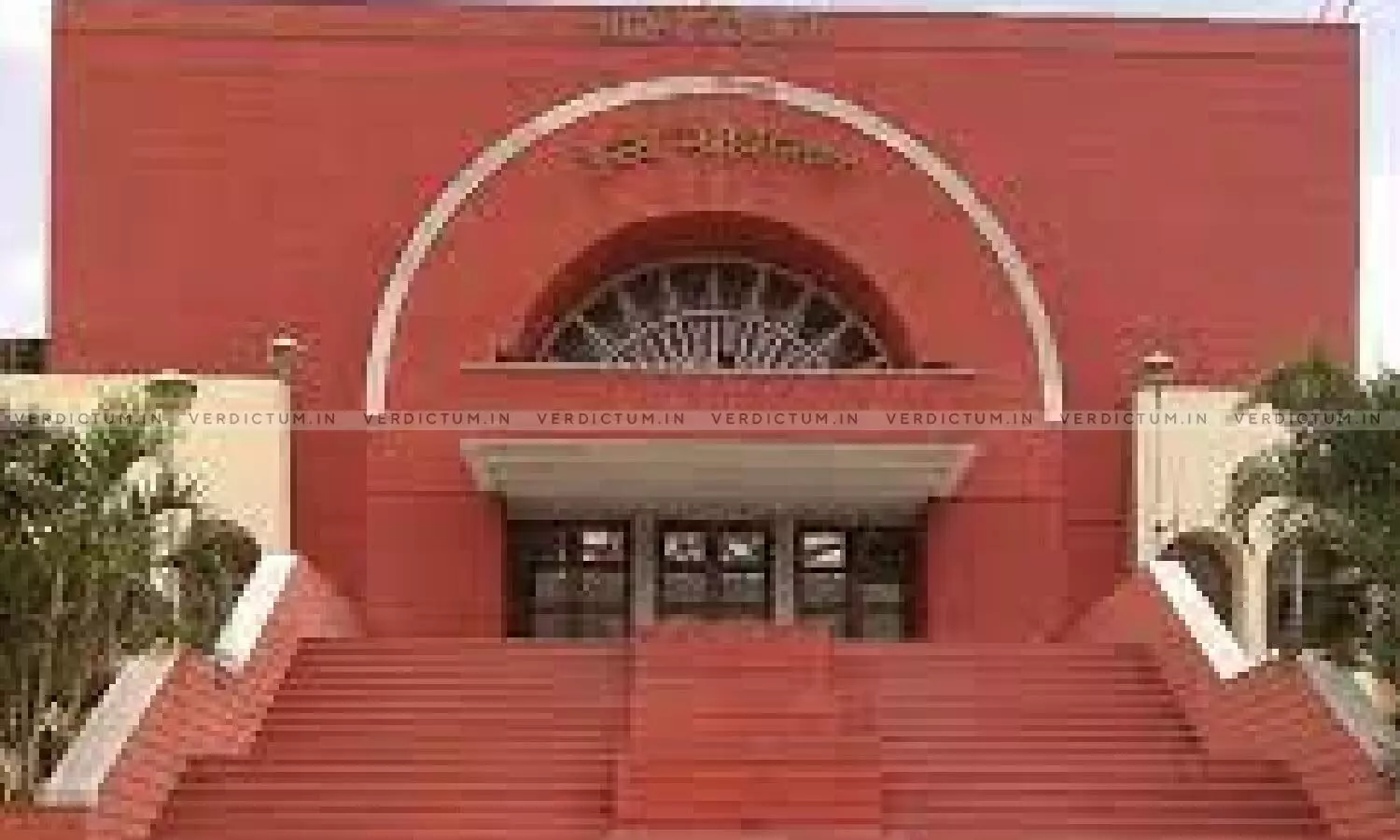
Section 13(1)(b) Of UAPA Is Applicable To Individual Actions: Bombay HC Rejects Argument Of PFI Member That His Activities Were Prior To PFI Ban
 |
|The Bombay High Court held that individuals can be prosecuted under Section 13(1)(b) of the Unlawful Activities (Prevention) Act, 1967 (UAPA) for engaging in unlawful activities or abetting them, in a plea filed challenging FIR against a member of the Popular Front of India with respect to the actions of the member before the ban of the organisation.
The Court emphasized that the UAPA provisions apply to specific individual actions and activities, and not merely to organizational affiliations. A petition challenging the invocation of Section 13(1)(b) of the Unlawful Activities (Prevention) Act, 1967 (UAPA) was filed. The petitioners argued that they were being accused of engaging in unlawful activities as members of the banned organization Popular Front of India (PFI), which was prohibited as of September 27, 2022.
A Division Bench of Justice R.G. Avachat and Justice Sanjay A. Deshmukh held, “Close reading of the aforesaid provisions would indicate that the individuals can even be prosecuted for the commission of unlawful activities or abetment thereof.”
Advocate Biyabani Anifadil Z. appeared for the Petitioners and Advocate A.R. Kale appeared for the Respondent.
The counsel for the petitioners contended that the UAPA had been misused to prevent the petitioners from obtaining bail. The petitioners' advocate pointed out that the activities in question allegedly took place a year before the filing of the First Information Report (F.I.R.), and thus, Section 13(1)(b) of the UAPA, which pertains to activities engaged in by individuals and not as members of a banned organization, should not have been invoked. Thus, the petitioners were urging for quashment of invocation of Section 13(1) (b) of the UAPA.
The prosecution countered this argument by referring to Section 2(o) of the UAPA, which defines "unlawful activity" as actions taken by individuals or associations intended to disrupt the sovereignty and territorial integrity of India. The prosecution also highlighted Section 13(1)(b) of the UAPA, which states that individuals advocating, abetting, advising, or inciting unlawful activities could be prosecuted under the act.
The Court examined the contentions and the relevant sections of the UAPA. The Court noted that Section 2(o) of the UAPA defines "unlawful activity" broadly, encompassing actions that aim to disrupt India's sovereignty and territorial integrity or cause disaffection against India. Section 13(1)(b) makes it punishable for individuals to advocate, abet, advise, or incite unlawful activities.
The Court noted that the petitioners' counsel did not address the specific activities that allegedly involved the petitioners, which led to the invocation of Section 13(1)(b) of the UAPA. The court referenced a cautionary note from a previous Supreme Court case, emphasizing that the provisions of the UAPA should not be misused to deny individuals their constitutional rights, including the right to bail.
The Court found the petition lacking merit. The Court said, “After having gone through the definition of unlawful activity and the offence punishable under Section 13(1)(b) of the very Act and when the learned advocate for the petitioners has conveniently avoided to refer individual activities in relation to which there is material to indicate their involvement in the alleged activities, we are of the view that the State cannot be said to have erred in invoking Section 13(1)(b) of the UAPA.”
Consequently, the Court dismissed the petition.
Cause Title: Shaikh Irfan Shaikh Salim & Ors. V. The State Of Maharashtra
Click here to read/download Order